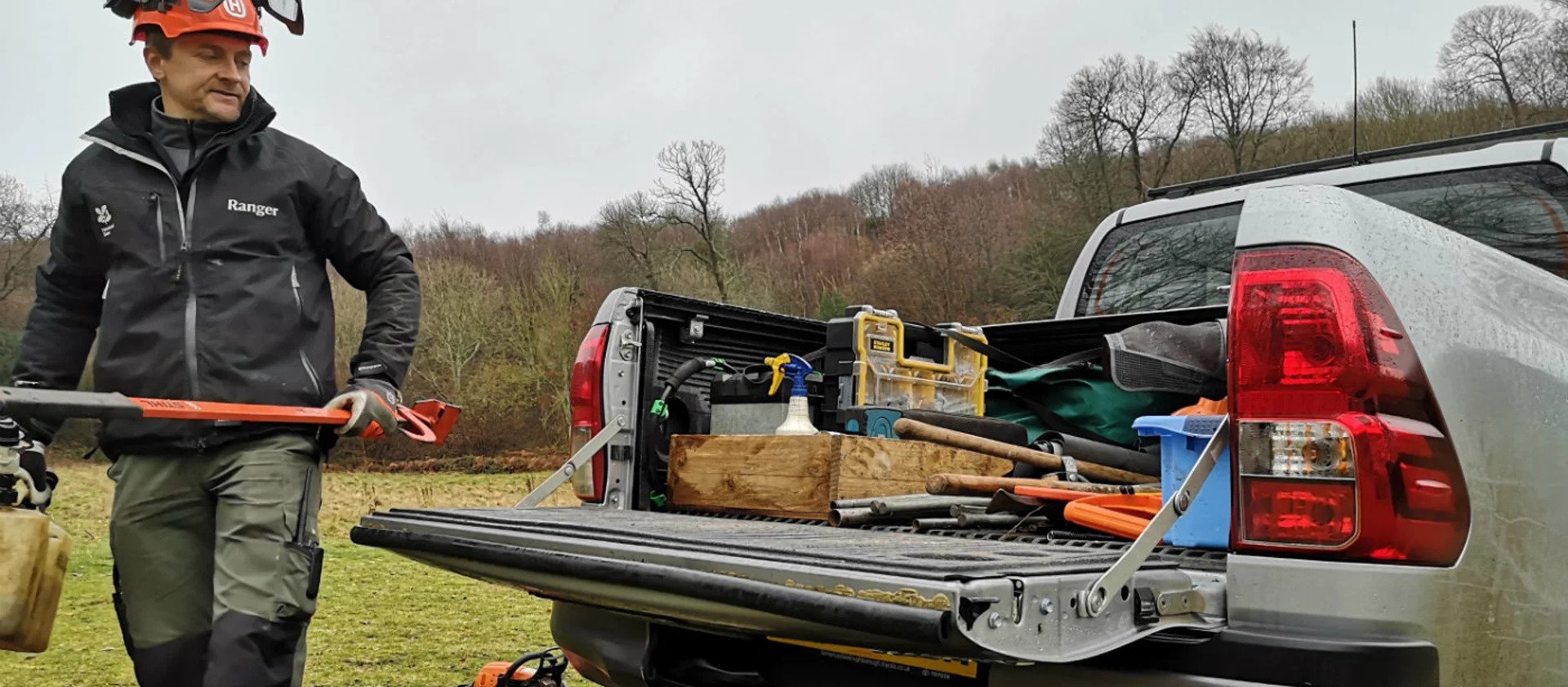
As a countryside ranger, you will conserve and develop parts of land and green space by planting trees, maintaining ponds, and engaging with volunteers and the local community to include them in projects. The job requires a lot of hands-on work and is physically demanding.
Furthermore, you will often have the opportunity to share your knowledge of the topography and wildlife that inhabit the area on guided walks and instructive visits.
Responsibilities
Throughout your apprenticeship, you may help:
- plan and create habitats to protect plants, animals and birds
- plant trees and manage ponds
- lead guided walks, talks and educational visits
- work with volunteers and encourage community involvement in projects
- balance the needs of conservation and visitor management
- manage exhibitions and resource centres and talk to the public
- maintain machinery like chainsaws and mowers
- order materials, keep records and write reports.
Salary
On average, the starting salary for an apprentice countryside ranger is around £18,000. Once qualified and with experience, rangers can earn as much as £28,000 a year.
Working hours
You will usually work around 37 to 44 hours a week. This could include unconventional hours in the evenings and on weekends particularly during busy visitor seasons.
Working environment
The work is physically demanding, and most of the time will be spent outside. This means that you must be prepared to operate in any weather conditions.
Qualifications
Qualifications you can achieve on a countryside ranger apprenticeship include:
- Level 4 Countryside ranger – Entry requirements for this level include 4 or 5 GCSEs at grades 9 to 4 (A* to C) and A levels, or equivalent, for a higher or degree apprenticeship. This qualification typically takes around 26 months to complete.
Skills
On on a countryside ranger apprenticeship, you’ll learn:
- customer service skills
- knowledge of biology
- the ability to work well with others
- knowledge of geography
- excellent verbal communication skills
- the ability to use your initiative
- to be flexible and open to change
- legal knowledge including court procedures and government regulations
- to be able to carry out basic tasks on a computer or hand-held device.
Career path and progression
With time and experience, you may be promoted to senior, district, head ranger, or warden. You might also become a rural cop.
You might work in more specialised sectors like forestry, coastal management, or wildlife conservation.
